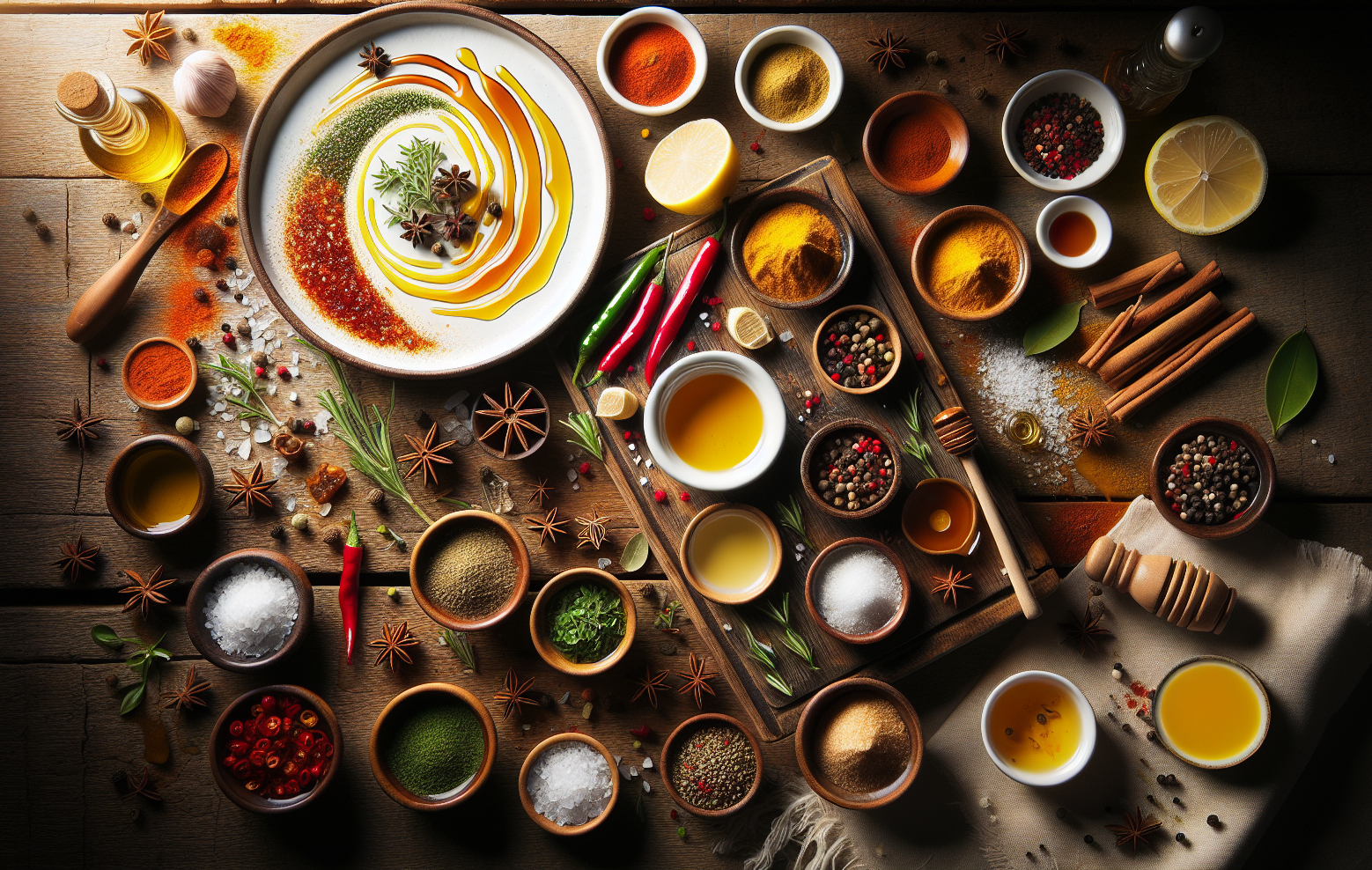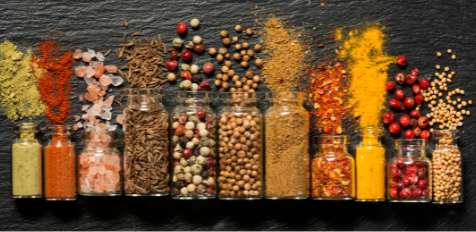
Flavor enhancers in food are essential for enhancing the taste of dishes, making refections more scrumptious and indelible. These complements are set up in colorful forms, both natural and artificial, and have come masses in ultramodern cuisine. They serve multiple purposes, similar as perfecting flavor, extending shelf life, and enhancing food texture. In this composition, we will explore the top 10 flavor enhancers in food, their benefits, and how they can be used to produce nutritional, succulent refections.
Note: If you love printing your favorite recipes or prefer to keep them neatly organized in one place, simply click the button at the bottom of the page to download Chef Ava’s recipe e-book!
Utmost FAQs About Flavor Enhancer Complements

- What are flavor- enhancing complements, and how do they ameliorate food taste?
- What are the most common flavor enhancers used in food?
- How do natural flavor enhancers compare to artificial complements?
- What complements can enhance the flavor of healthy refections?
- What are the implicit health pitfalls associated with flavor enhancers?
- How can flavor enhancers ameliorate the texture and color of food?
- How do flavor enhancers contribute to maintaining food safety?
- Which flavor enhancers pose health pitfalls and should be avoided?
- How can I use natural flavor enhancers to make refections more nutritional?
- What are some exemplifications of food complements that ameliorate taste?
1. Salt: The Most Common Flavor Enhancer
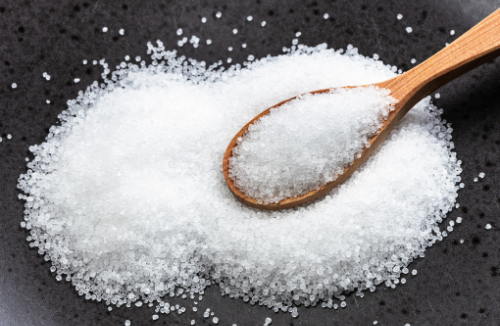
swab is one of the oldest and most common flavor enhancers in food. It enhances the natural taste of constituents, making them more scrumptious. also, swab acts as a preservative, extending the shelf life of products. still, inordinate swab input can be dangerous, so temperance is crucial when using this important enhancer.
2. Monosodium Glutamate (MSG): A Controversial Additive
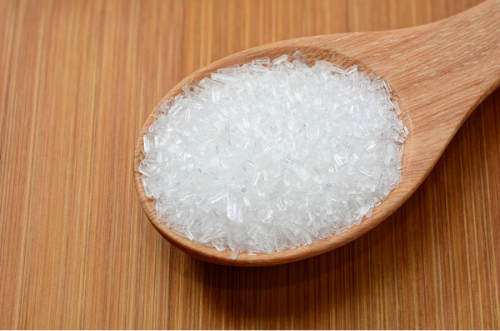
Monosodium glutamate, or MSG, is one of the most extensively used flavor enhancers in food. It amplifies savory flavors by cranking specific taste receptors in the mouth. While MSG is frequently blamed for implicit health pitfalls, recent studies suggest that moderate consumption is safe for utmost people. MSG is generally set up in reused foods and Asian cookery.
3. Sugar: Enhancing Sweetness
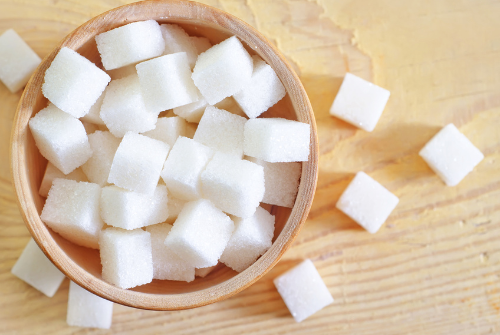
Sugar is a extensively used flavor enhancer that adds agreeableness to both savory and cate dishes. It’s important to note that sugar does n’t just enhance agreeableness — it can also balance acidity and bitterness in colorful foods. still, overconsumption of sugar can lead to health issues similar as rotundity and diabetes, so it should be used sparingly.
4. Ginger Adding Tang and Zest

Ginger is a natural cumulative and flavor enhancer that brings a pungent, acidic note to foods. It’s constantly used in salad dressings, gravies, and gravies. It also functions as a natural preservative, enhancing the shelf life of colorful foods. Its sharp flavor makes it a protean tool for enhancing colorful dishes.
5. Sauces and Spices Natural Flavor Enhancers
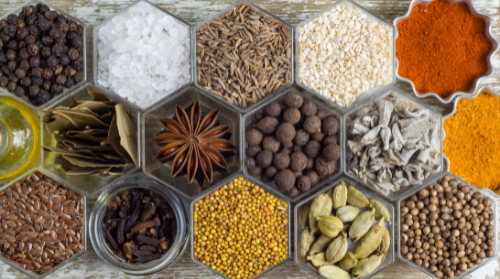
Sauces and spices are natural complements that significantly enrich the color, flavor, and texture of food. Common options like basil, oregano, and cumin are essential in kitchens worldwide. They not only add flavor but also offer health benefits, making them excellent choices for healthy flavor enhancers in nutritional refections.
6. Lemon Juice: A Natural Flavor Booster
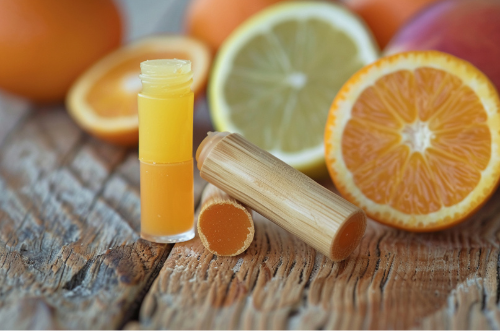
Lemon juice is a popular flavor enhancer that adds newness and a citrusy tang to dishes. It’s frequently used to buck up the flavor of vegetables, fish, and funk. also, bomb juice is high in vitamin C, furnishing not only flavor but also precious nutritive benefits. It’s one of the healthiest natural flavor enhancers in food.
7. Soy Sauce: A Fermented Flavor Enhancer
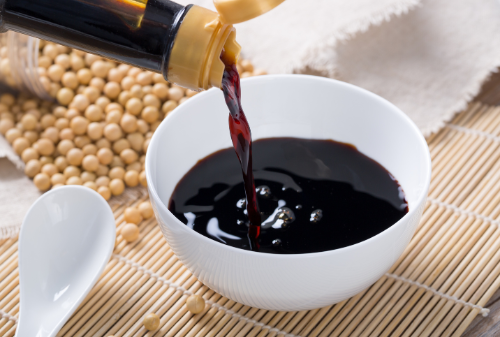
Soy sauce is a fermented seasoning generally used in Asian cookery to enhance the umami flavor in food. With its salty and subtly sweet flavor, soy sauce serves as a protean enhancer for gravies, stir- feasts, and mists. also, as a natural cumulative, it provides salutary composites deduced from the turmoil process.
8. Garlic: A Flavor Powerhouse
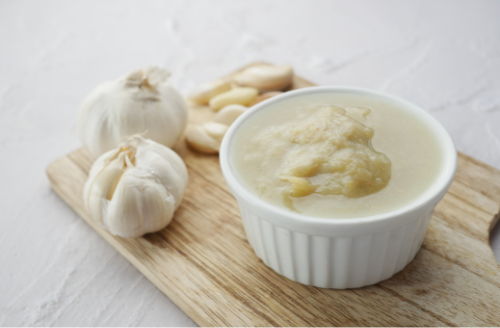
Garlic is one of the most potent natural flavor enhancers in food. Its bold flavor makes it a staple in many cuisines around the world. In addition, garlic is recognized for its health advantages, particularly its ability to enhance the immune system. When roasted or sautéed, garlic becomes sweet and rich, offering different layers of flavor to your meals.
9. Butter: Rich and Creamy Flavor
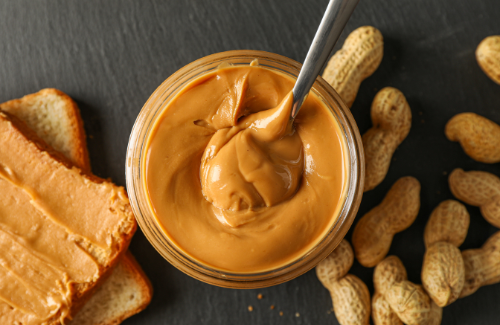
Butter is a rich flavor enhancer used to improve the taste and texture of baked goods, sauces, and savory dishes. It adds a creamy texture and depth of flavor, making it a popular choice in both home and professional kitchens. Although it should be consumed in moderation due to its high-fat content, butter is undeniably one of the top flavor enhancers in food.
10. Cheese: A Flavorful and Versatile Enhancer
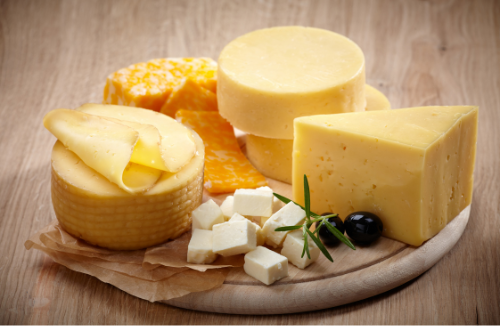
Cheese is a versatile flavor enhancer used in various cuisines to add a savory, rich taste to dishes. Whether sprinkled over pasta or used as a filling in sandwiches, cheese enhances the flavor profile of many foods. Furthermore, different types of cheese offer diverse textures and flavors, making them valuable in cooking.
Conclusion
Grasping the importance of flavor enhancers in food is vital for both home cooks and professional chefs. These additives, whether natural or artificial, serve to enhance the taste, texture, and appearance of meals, making them more enjoyable. By using natural flavor enhancers like herbs, spices, and lemon juice, you can create delicious and nutritious meals without compromising on health. However, it is equally important to be mindful of artificial additives and their potential impact on human health.
To Learn Also:
– Global Flavors for Little Palates
– Pantry Staples: The Essential Guide to DIY Kitchen Essentials

